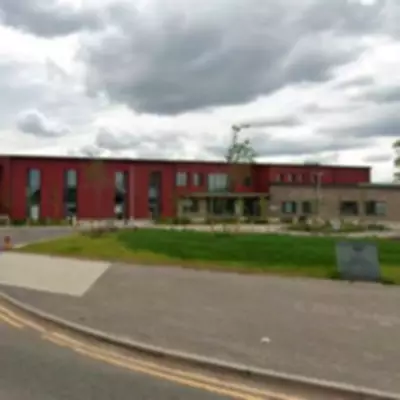
Exasperated parents are facing a gruelling 40-mile daily school run after their children's local school was shut down, while an exclusive investigation can reveal local councils are sitting on a staggering £150 million windfall from sold-off school sites.
The Mirror's probe has uncovered a growing national crisis, with over 200 schools closed and their land sold for huge profits since 2010. This has left countless families grappling with immense logistical and financial burdens, forced to travel vast distances to find alternative placements for their children.
'It's Destroying Our Family Life'
One mother, Stacey Duffy from Knowsley, Merseyside, embodies this struggle. Her son's former school, St Albert’s Catholic Primary, was demolished and replaced with housing. She now faces an impossible daily marathon.
"I've got to get my son to school in Huyton, which is a 20-minute drive away, but I've also got to get my daughter to a primary school in the opposite direction," she told the Mirror. "It's an absolute nightmare. We're constantly in the car. The cost of petrol is astronomical and it's destroying our family life. We're giving the world instead of a simple school run."
The £150 Million Council Payout
While families like Stacey's suffer, our investigation found that local authorities have banked an enormous £149.5 million from the sale of 137 school playing fields and entire school sites. The true total is likely even higher, as many councils failed to provide full data.
Knowsley Council alone, responsible for the closure of St Albert's, holds a £6.1 million pot from the sale of school land. Critics have slammed this practice, accusing councils of prioritising profit over the well-being of the communities they serve.
A National Scandal
The issue stretches far beyond Merseyside. The data reveals a pattern of closures and sales across the country, raising serious questions about the management of educational infrastructure and the prioritisation of community needs.
Parents and education advocates are now demanding answers and action, calling for greater transparency and a commitment to preserving local schools, which are often the heart of a community.





